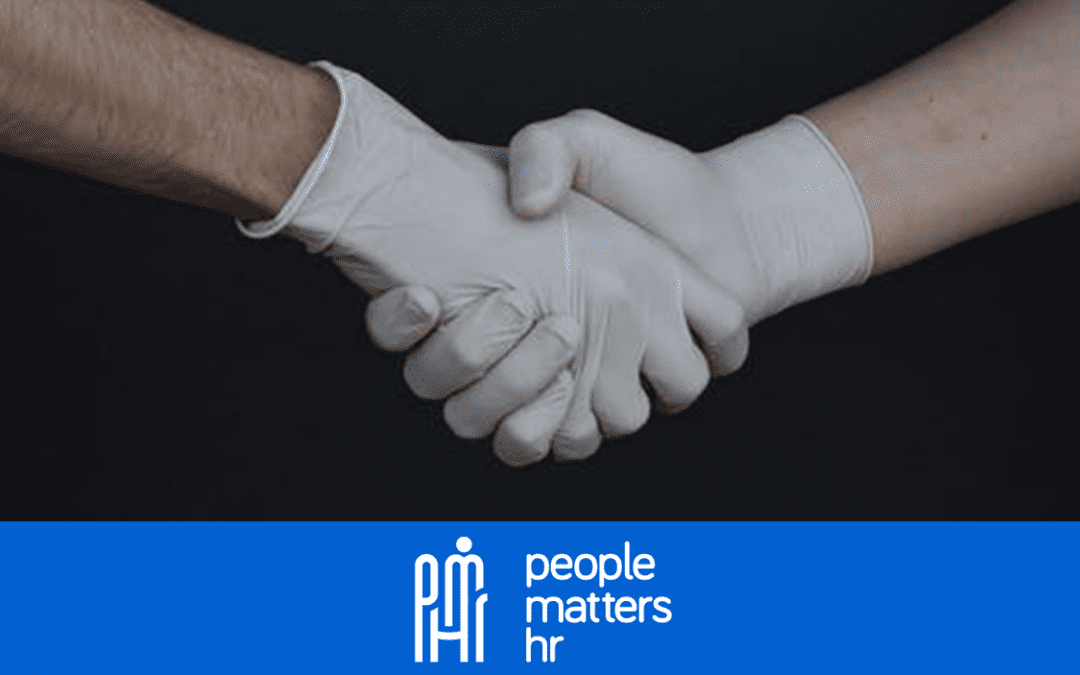This bulletin focused on the changes last week, providing essential COVID-19 business support for you and your staff during those challenging times. Our goal was to help businesses and employees emerge from that situation financially stable and secure.
The Coronavirus Job Retention Scheme
This meant the government guaranteed a proportion of the salaries of millions of people, if employers kept them on their payrolls rather than laying them off.
The idea of the scheme was that the government would pay up to 80 per cent of wages for people who were subject to PAYE, i.e. not self-employed and were at risk of being laid off due to the C-19 pandemic.
As an employer, you were able to apply to HMRC for payments of up to £2,500 per worker per month.
The scheme was initially open for three months, but it was extended if required. Claims were backdated to 1 March 2020 and were open to staff employed by you on 28th February.
They aimed to have the scheme up and running before the end of April.
To claim under the scheme, employers needed to:
- Designate their affected staff as ‘furloughed workers’. This meant they needed to be told this was happening in advance. It was classed as changing their employment status and was subject to employment law, including consultation and negotiation;
- Submit information to HMRC telling them which staff had been “furloughed” and their earnings, through a new online portal. HMRC would soon advise on what other details were needed.
- Receive reimbursement from HMRC of 80% of “furloughed workers” wage costs, up to a cap of £2,500 per month.
There was COVID-19 business support for renters, tax relief for those who were self-employed, and increases in universal credit payments to help ease the load.
As and when more information was received, updates were provided.
VAT payments
The next quarter of VAT payments was deferred so businesses didn’t need to make VAT payments until the end of June 2020. They then had until the end of the 2020-21 tax year to pay anything from the deferral period.
Businesses didn’t need to apply for it; the deferral applied automatically. They were advised to speak to their accountant for better advice.
Income Tax payments
Under the Self-Assessment system, any Income Tax payments due in July 2020 were pushed back to January 2021 and Self-Assessment payments due on 31 July 2020 were pushed back to 31st January 2021. This was also automatic and no penalties or interest for late payment would be made during the deferral period.
Universal credit
Self-employed people could access full universal credit at a rate, which was the same as statutory sick pay.
Cash grants and Business Rates
- No rates were payable for the 2020-2021 tax year for businesses in retail, hospitality, or leisure.
- If businesses fell into those sectors and their rateable value was between £15,000 and £51,000k, they also received a grant of up to £25,000 per property.
- Businesses that got small business rates relief, including those above, received a grant of £10,000.
Coronavirus Business Interruption Loan Scheme
- From Monday, the Coronavirus Business Interruption Scheme commenced, delivered by lenders that partnered with the British Business Bank. This included all the major High Street Banks.
- Grants were available for businesses with turnover of no more than £45 million, and they could obtain up to £5 million. They were still liable for 100% of the loan, but there was no interest for the first year.
Mortgage and rent holidays
Mortgage holders could apply for a three-month payment holiday. They still owed the amounts that weren’t paid, and interest continued to be charged on the amount owed, basically tagged on at the end of their mortgage.
Tenants who rented their properties could apply for a three-month payment holiday from their landlord, and no one could be evicted from their home or have their home repossessed over the next three months.
Insurance claims
Businesses that had insurance cover for both pandemics and government-ordered closure should have been covered. Advice to avoid pubs, theatres, etc., was enough to make a claim if all other terms and conditions were met. Businesses were advised to check the terms and conditions of their policies because they differed so much and seek better advice from their insurance broker.
Statutory Sick Pay (SSP)
- If you were a director of a limited company with less than 250 employees, you could pay yourself two weeks of SSP if you needed to self-isolate. Your accountant would advise whether that was a good thing to do.
- If you did, the government refunded your company £94 per week for 2 weeks.
- The government also refunded SSP for staff of businesses with less than 250 employees for up to 14 days.
If you needed assistance, you were asked to email us at enquiries@peoplemattershr.co.uk and we were happy to help. We found it easier to call you back than receive calls at the moment.
Stay safe everyone. We were off to self-isolate.
Niel, Yvonne, Sam, Jen and Alex.
We are People Matters, because your people matter.
